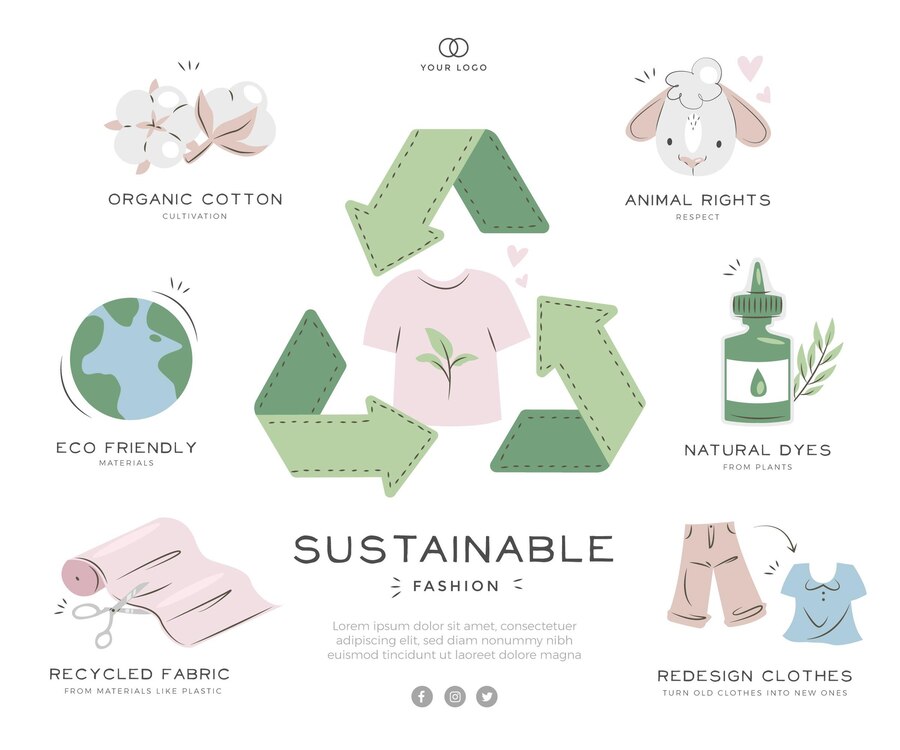Textile sustainability refers to the production and consumption of textiles in a way that minimizes environmental and social impacts. This includes the use of sustainable materials, the reduction of water and energy consumption, the reduction of waste, and the improvement of working conditions throughout the textile supply chain.
Textile sustainability is important for a number of reasons. First, the textile industry is a major contributor to environmental pollution. It is responsible for 20% of global water pollution and 10% of global carbon emissions. The industry also uses a significant amount of energy and resources, and generates a lot of waste.

Second, the textile industry is associated with a number of social problems, such as child labor, forced labor, and poor working conditions. The industry is also a major employer, and its sustainability practices can have a significant impact on the lives of workers and their families.
Finally, textile sustainability is important because it is increasingly demanded by consumers. Consumers are becoming more aware of the environmental and social impact of their purchases, and they are increasingly choosing to buy products from sustainable brands.
There are a number of ways to make the textile industry more sustainable. These include:
Using sustainable materials: There are a number of sustainable materials that can be used in textile production, such as organic cotton, recycled polyester, and bamboo. These materials have a lower environmental impact than traditional materials, such as cotton and polyester.
Reducing water and energy consumption: The textile industry uses a significant amount of water and energy. Sustainable textile production practices can help to reduce water and energy consumption by using more efficient technologies and processes.
Reducing waste: The textile industry generates a lot of waste. Sustainable textile production practices can help to reduce waste by recycling and reusing materials.
Improving working conditions: The textile industry is associated with a number of social problems, such as child labor, forced labor, and poor working conditions. Sustainable textile production practices can help to improve working conditions by ensuring that workers are paid fairly and have safe and healthy working conditions.
The textile industry is facing a number of challenges, but sustainability is one of the most important. By making the textile industry more sustainable, we can protect the environment, improve the lives of workers, and promote economic growth.